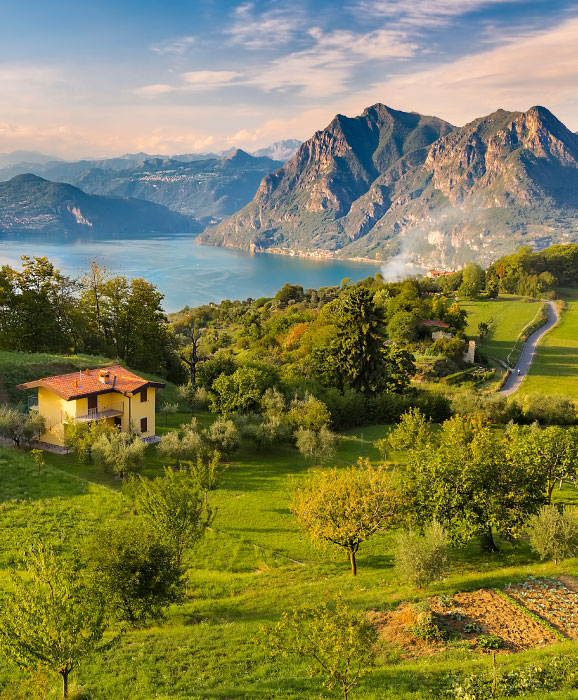Best Cultural Heritage Towns in Europe
Europe is a living museum, where towns and cities hold centuries of art, architecture, and culture. From the cobbled streets of Bruges to the medieval skyline of San Gimignano, from the Renaissance brilliance of Florence to the baroque charm of Zamość, Europe’s UNESCO World Heritage towns represent the very best of history preserved for the future.
In 2026, one destination stands above them all: Ptuj in Slovenia, crowned Best Cultural Heritage Town in Europe 2026. With its thousand-year-old castle overlooking the Drava River, its celebrated wine traditions, and its calendar of world-class cultural and sporting events, Ptuj is more than a preserved past — it is a town that lives and breathes history every single day.
Grab your camera, Book your flights, your accommodation as well as your tours and activities and let yourself be carried away by the grace of these beautiful Cultural Heritage towns in Europe — a journey full of added value.
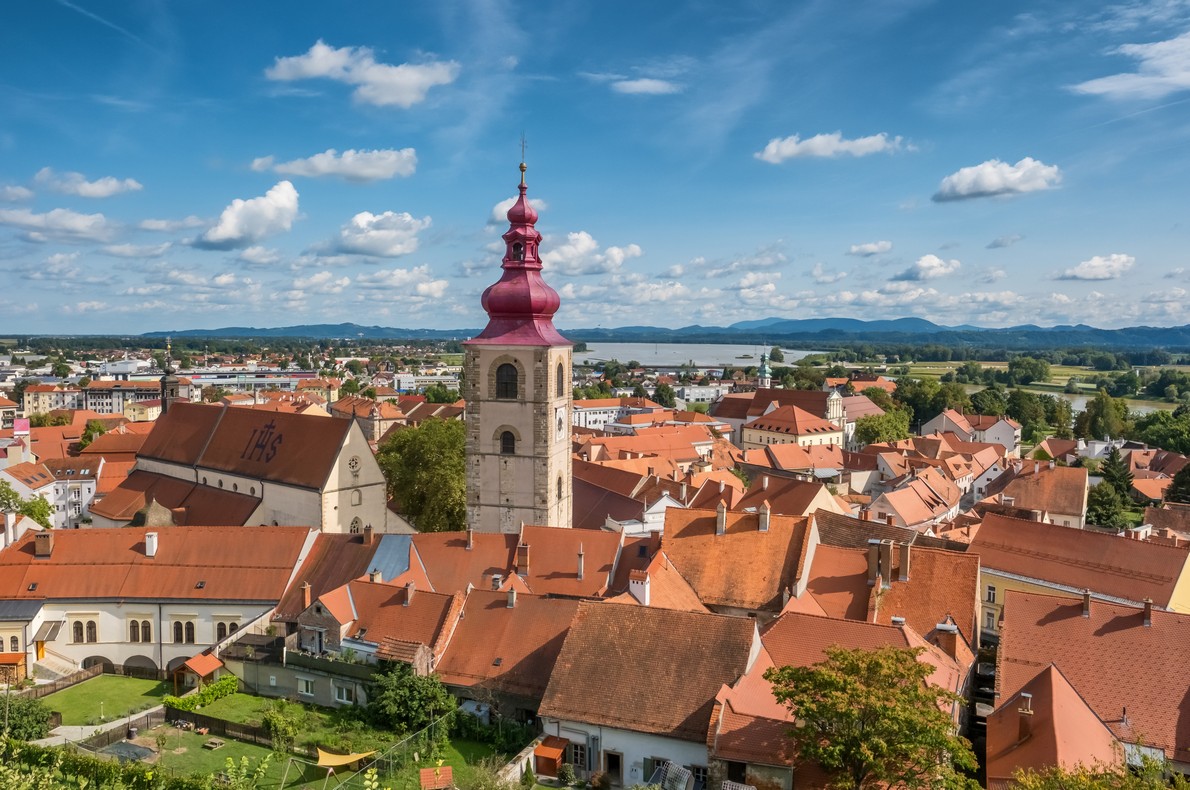

1. Ptuj
Slovenia
Ptuj is not only Slovenia’s oldest town but one of the most vibrant heritage destinations in Europe.
Overlooking the Drava River, its iconic castle has watched over the town for more than a millennium, a symbol of continuity and prestige. Recognised by UNESCO, Ptuj has preserved its medieval heart while constantly reinventing itself through festivals, cultural events, and sporting life.
Ptuj is a town that lives all year round:
-
In spring, the world-famous Kurentovanje Carnival transforms the streets into one of Europe’s most unique and colourful celebrations.
-
In summer, the Art Stays Festival brings international artists, while concerts and open-air theatre animate the castle courtyards.
-
In autumn, the wine harvest takes centre stage, with Ptuj’s cellars among the oldest in the country, producing some of Slovenia’s most renowned vintages.
-
In winter, its Christmas Market fills the historic squares with light and tradition.
Sport is equally present: cycling, rowing on the Drava, and numerous international competitions make Ptuj a hub of active life. With its museums, galleries, traditional restaurants, and warm hospitality, Ptuj is more than a heritage town — it is a place where culture, sport, and history merge in perfect harmony.
How to get there: Book your flights to Ljubljana Airport (1h30 by car) or Graz Airport in Austria (1 hour), both with easy access to Ptuj.
Where to stay: Grand Hotel Primus — a stylish hotel inspired by Roman heritage, offering spa facilities and modern comfort near the old town.
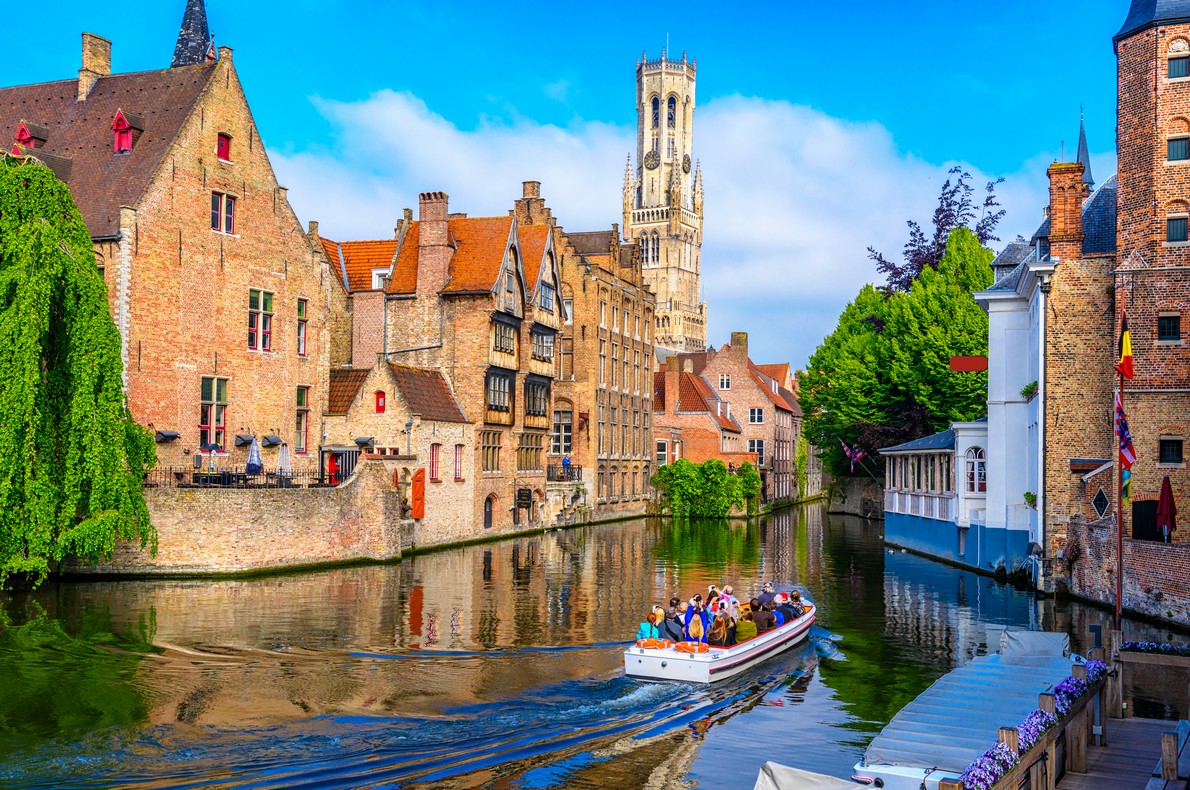
2. Bruges
Flanders - Belgium
Bruges is often called the “Venice of the North,” and for good reason: its network of canals, Gothic churches, and medieval squares form one of the most romantic towns in Europe.
A UNESCO World Heritage Site, Bruges is a masterpiece of preservation where every cobblestone seems to tell a story. Beyond its postcard beauty, it offers refined dining, world-class museums, and
a warm Flemish atmosphere.
How to get there: Book your flights to Brussels Airport, then reach Bruges by train in just over 1 hour.
Where to stay: Hotel Dukes’ Palace Bruges — a former ducal residence turned five-star hotel in the heart of the old town.

3. Angra de Heroismo
Terceira - Azores
On Terceira Island in the Azores, Angra do Heroísmo stands as a jewel of Atlantic heritage.
Recognised by UNESCO for its perfectly preserved Renaissance urban plan, it has long been a crossroads of maritime exploration. Its colourful façades, churches, and fortresses give it a charm unlike any other, blending Portuguese tradition with ocean horizons.
How to get there: Book your flights to Lajes Airport on Terceira Island, 20 minutes from the city.
Where to stay: Pousada Forte Angra do Heroísmo — a historic fortress turned elegant seaside hotel.
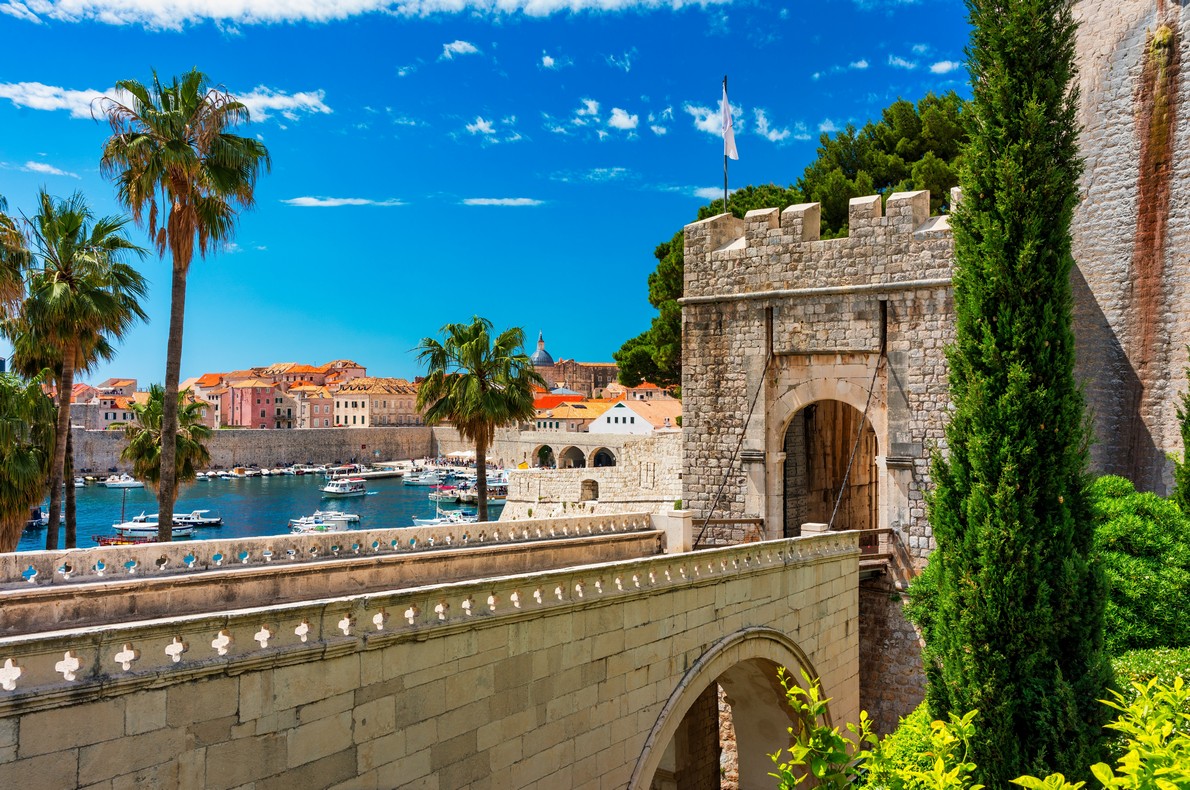
4. Dubrovnik
Croatia
Known as the “Pearl of the Adriatic,” Dubrovnik is one of the world’s most iconic UNESCO World Heritage towns.
Its medieval walls, baroque churches, and marble streets make it a living monument. Beyond its cinematic fame, Dubrovnik remains a place of culture, music festivals, and authentic Dalmatian hospitality.
How to get there: Book your flights to Dubrovnik Airport, just 30 minutes from the old town.
Where to stay: Hotel Excelsior Dubrovnik — a historic seafront hotel with panoramic views of the old city walls.
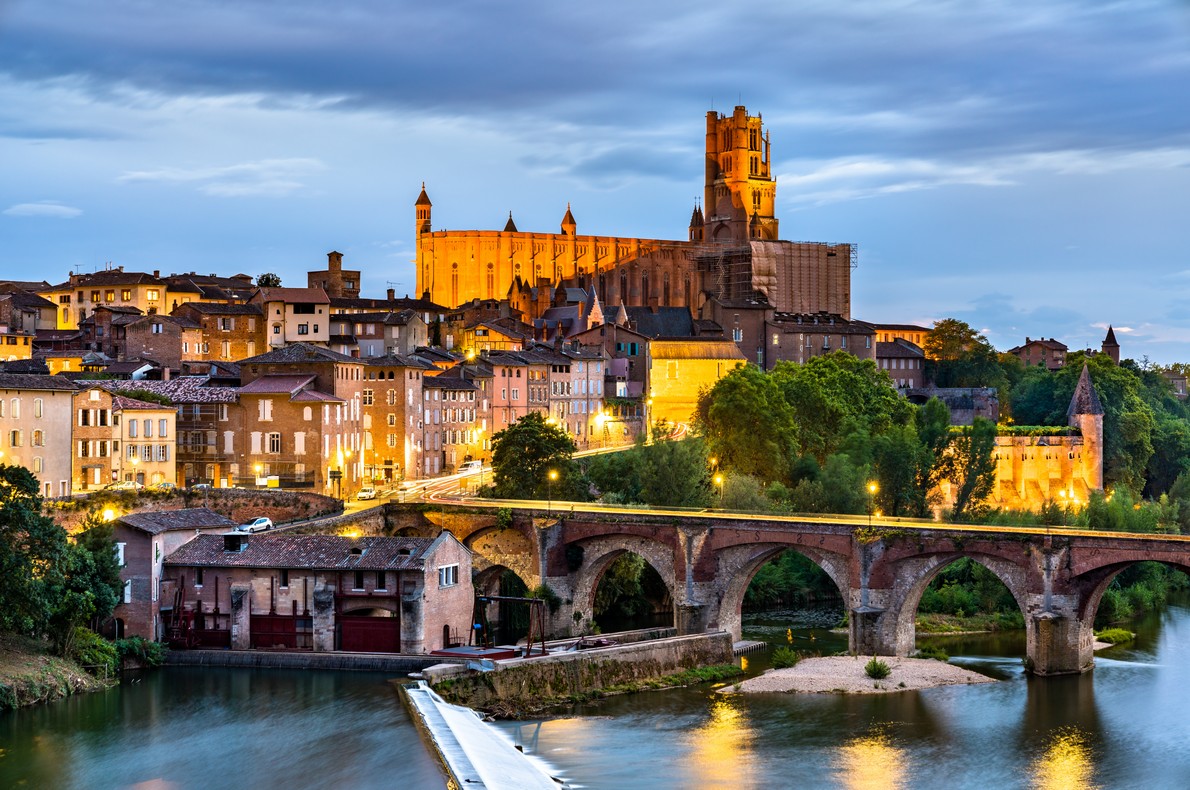
5. Albi
France
Albi is a UNESCO treasure on the banks of the Tarn River, crowned by its extraordinary brick cathedral, the largest brick building in the world.
The town is also home to the Toulouse-Lautrec Museum, celebrating the life and work of the painter born here. With its colourful façades and vibrant cultural scene, Albi is one of southern France’s most elegant heritage escapes.
How to get there: Book your flights to Toulouse Airport, then drive 1 hour to Albi.
Where to stay: La Maison du Prévot Albi — offers family rooms with private bathrooms.
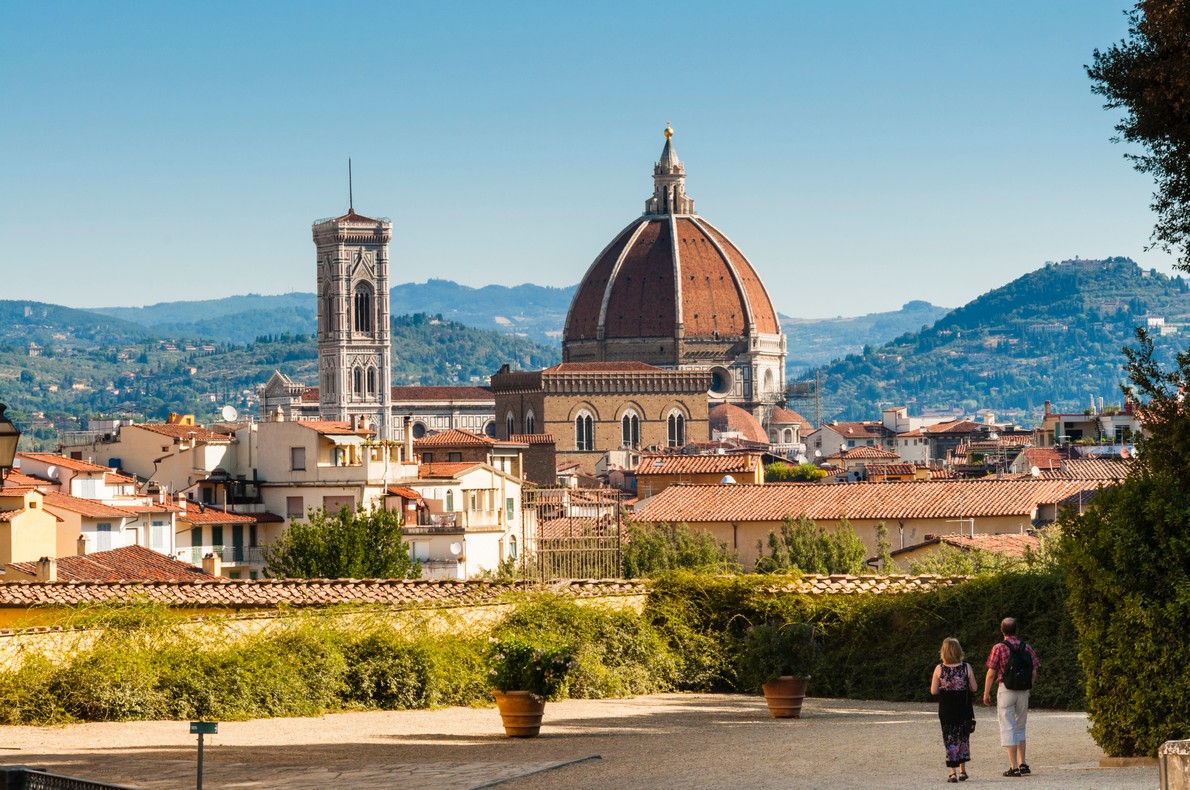
6. Florence
Italy
Florence is the cradle of the Renaissance, a UNESCO World Heritage city where art, history, and culture converge. From the Duomo to the Uffizi, every corner is a masterpiece.
Yet Florence is not a museum: it is a living city of vibrant piazzas, Tuscan cuisine, and timeless style.
How to get there: Book your flights to Florence Airport, just 20 minutes from the city centre.
Where to stay: Hotel Brunelleschi — a luxury hotel in a restored Byzantine tower and medieval church.
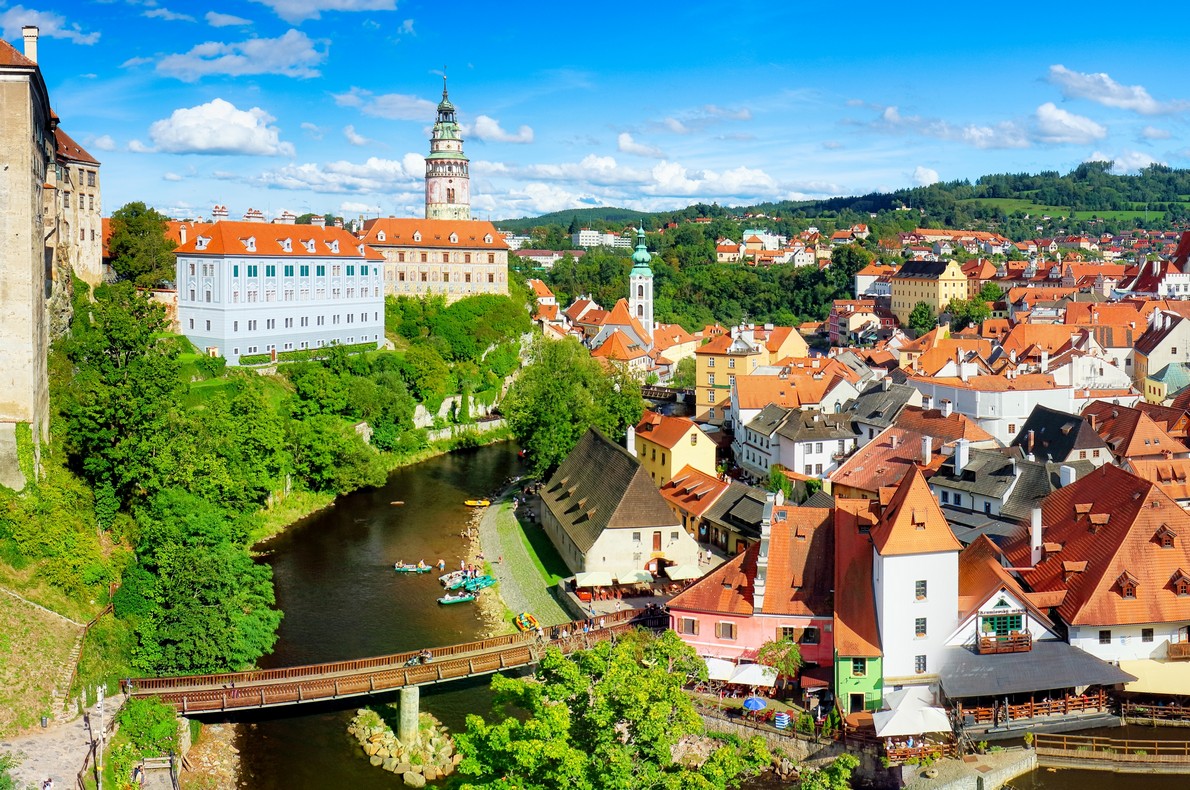
7. Cesky Krumlov
Czechia
Český Krumlov is one of Central Europe’s most enchanting towns.
Its fairy-tale castle, winding river, and colourful baroque façades have earned it UNESCO recognition and the love of travellers worldwide. Small yet rich in atmosphere, it feels like stepping back in time.
How to get there: Book your flights to Prague Airport, then drive 2.5 hours south.
Where to stay: Hotel Bellevue Český Krumlov — elegant accommodation in the heart of the old town.
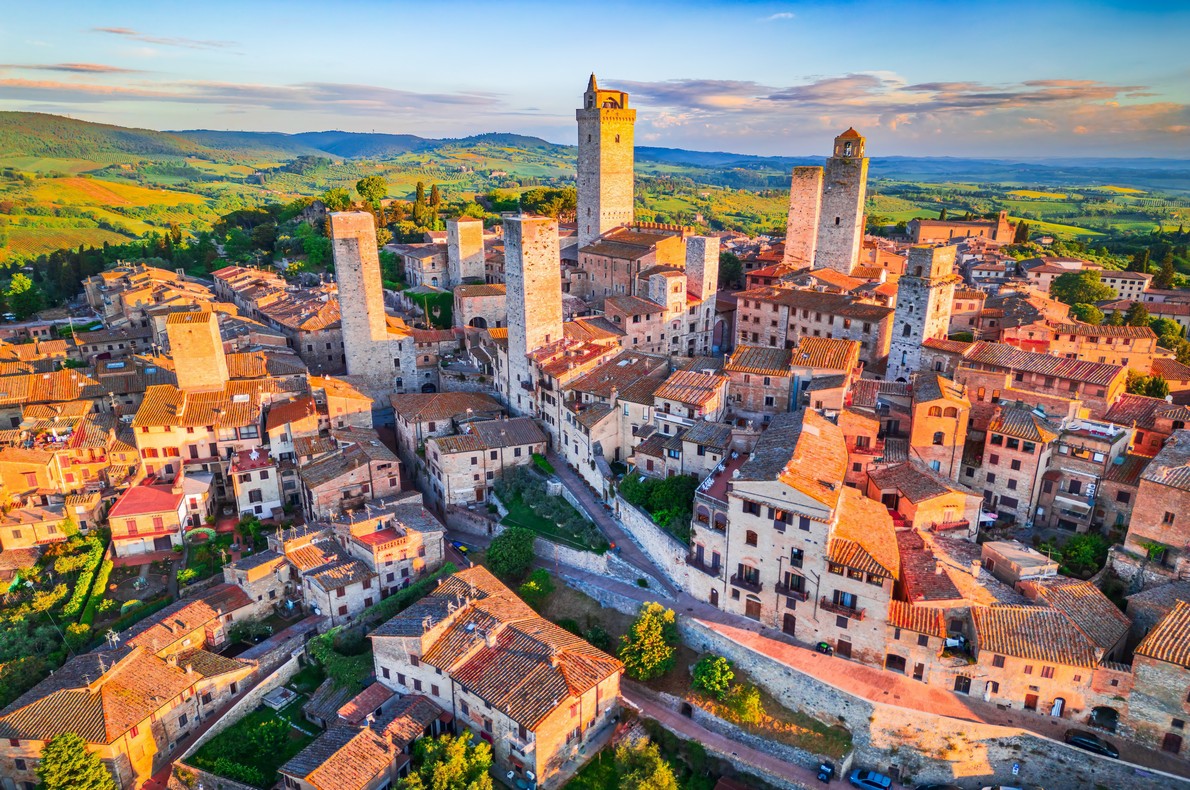
8. San Gimignano
Italy
Known as the “Town of Fine Towers,” San Gimignano is a Tuscan masterpiece.
Its medieval skyline of stone towers has been preserved almost intact, giving it a unique identity. Between its wines (Vernaccia di San Gimignano), its cobbled streets, and its timeless architecture, this is Tuscany at its most authentic.
How to get there: Book your flights to Florence or Pisa Airport, then drive 1 hour.
Where to stay: La Collegiata Hotel — a former monastery surrounded by olive groves and vineyards.
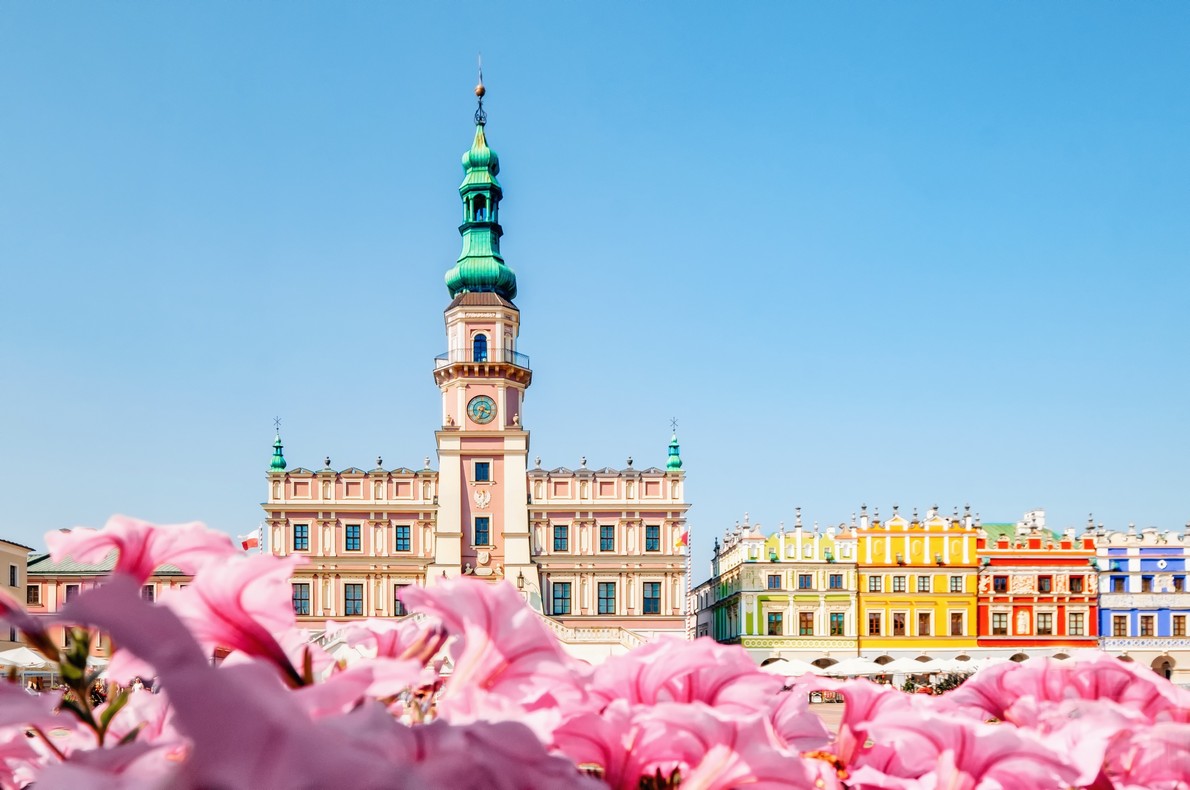
9. Zamosc
Poland
Founded in the 16th century, Zamość is a rare example of a perfectly preserved Renaissance town built to plan.
Designed by an Italian architect, it blends Central European charm with Italianate style, earning its title as the “Padua of the North.” Elegant arcades, colourful façades, and a lively square make it one of Poland’s most fascinating UNESCO towns.
How to get there: Book your flights to Lublin Airport, then drive 1.5 hours to Zamość.
Where to stay: Artis Hotel & Spa Zamość — modern comfort close to the UNESCO-listed old town.
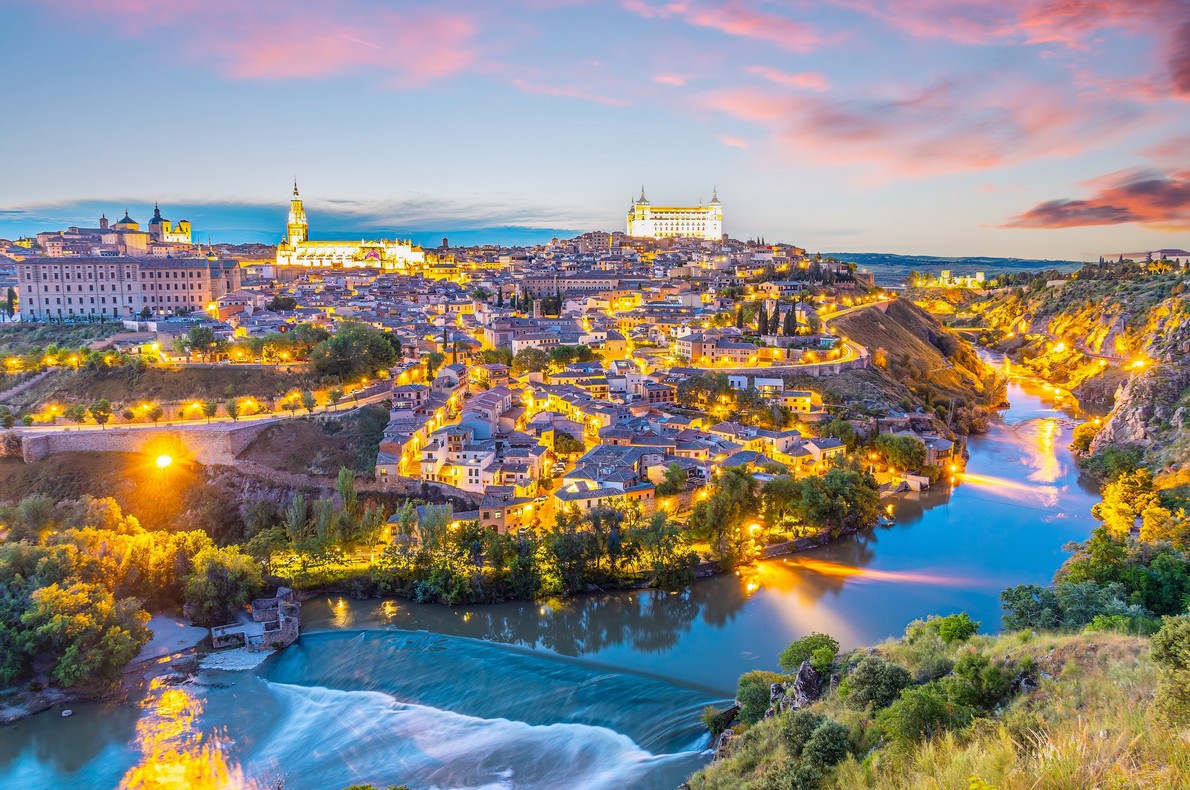
10. Toledo
Spain
Perched above the Tagus River, Toledo is known as the “City of Three Cultures,” where Christian, Muslim, and Jewish influences coexist in a remarkable heritage.
Its cathedral, synagogues, and fortress walls make it a city of profound cultural depth. A UNESCO World Heritage site since 1986, Toledo remains one of Spain’s most inspiring historical towns.
How to get there: Book your flights to Madrid Airport, then reach Toledo in just 30 minutes by high-speed train.
Where to stay: Parador de Toledo — a luxurious hotel offering sweeping views over the historic skyline.

Plan your trip to Europe
-
Hotels, Apartments, B&B...
Fresh deals every single day
Thousands reviews you can trust
-

Tours, Sightseeing & Activities
Discover Europe’s biggest collection of things to do and guided tours.
Whatever you want to do you’ll find it here.



















































